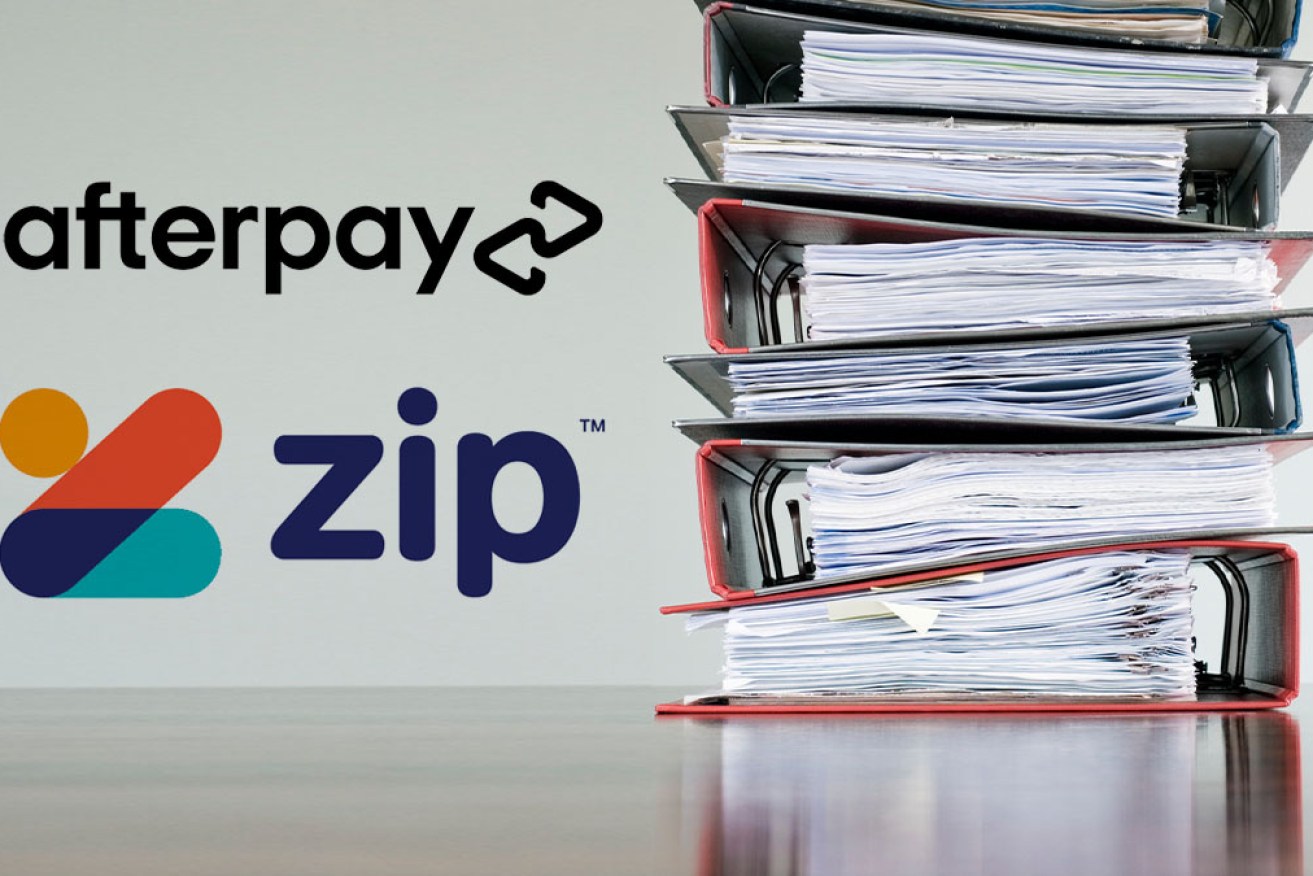Buy now, pay later investors may hold the key in regulation battle


Companies such as Zip and Afterpay are now in the British government's crosshairs. Photo: TND
Australia’s buy now, pay later giants are in the crosshairs after the British government announced new regulation to protect shoppers from falling into substantial debt.
And analysts say it could lead to more checks and balances in Australia – despite the local industry, corporate regulator, and federal government all opposing formal regulation.
The UK Treasury’s Woolard Review, launched after the use of buy now, pay later rose fourfold during the pandemic, found the payment platforms helped consumers manage their spending.
But with one in 10 users falling into arrears, the review said there was an urgent need for new protections.
In response, the UK Treasury recommended new laws that put the firms under the watch of Britain’s financial regulator and require detailed affordability checks similar to those carried out when banks hand out credit cards.
Afterpay’s British subsidiary, Openpay, as well as Zip and Klarna – which is 5 per cent owned by Commonwealth Bank – all backed the regulatory change, saying it was a “positive step” for responsibility and financial wellbeing.
Tweet from @hmtreasury
The move follows calls from consumer advocates in Australia to classify the short-term, interest-free products as a form of credit, after ASIC found one in five BNPL users cut down on essentials in order to afford their repayments.
But so far those calls have fallen on deaf ears.
Instead, the Australian BNPL industry proposed a voluntary code of practice to be introduced in March.
The industry says this will offer greater assistance to struggling customers, in the form of mandatory assessments and a proper complaints process.
But Financial Counselling Australia CEO Fiona Guthrie is unconvinced.
Ms Guthrie told The New Daily that although BNPL players say self-regulation goes far enough to protect users, there is “no substitute for proper regulation”.
But she believes policymakers in Australia will only take independent regulation seriously if more consumers suffer financial harm.
“We’re already seeing the impacts of this on the frontline. We’re seeing it in our casework. We’re seeing people who have got BNPL debts they’re struggling to pay and it’s causing harm,” Ms Guthrie said.
“We’re not arguing it shouldn’t be there; we’re just saying it needs some guardrails around it.”
A Senate inquiry into Fintech last year argued that a light-touch approach was more appropriate, as it believed strict external regulation would impede the sector’s growth.
“Because innovation like ‘buy now, pay later’ often occurs on the fringes of regulation, it is inappropriate to force each innovation into a one-size-fits-all approach,” the inquiry’s interim report found.
Tweet from @ajamesbragg
In the eyes of Morningstar equity analyst Shaun Ler, the British and Australian models are of a similar “magnitude and severity”, and differ only in who is responsible for enforcement.
As it stands, the industry will self-regulate in Australia and come under an independent regulator’s watch in Britain.
Investors may start asking more questions
With Australian regulators unlikely to follow Britain’s lead, some analysts believe that investors – who are aware that stricter regulation in the future is highly likely – may force the agenda.
IBISWorld senior industry analyst Yin Yeoh said it’s “certainly possible” that shareholders will pressure companies to go further in regulating the industry, particularly in light of recent inquiries in the EU and Canada.
But that will happen only if further evidence reveals the financial harm inflicted on users has increased substantially, he said.
Meanwhile, Australian Shareholders Association policy and advocacy manager Fiona Balzer told The New Daily shareholders would be more likely to lobby companies to improve their self-regulatory code – rather than push for external regulation – as “that’s in the company’s control”.
Curtin University associate professor of finance Shams Pathan, who specialises in shareholder advocacy, said in an ideal world shareholders would scrutinise the ethics behind their investments.
And if they believe a firm’s business model is causing harm, they should step in to protect their investments, he told The New Daily.
“If they foresee a crackdown on them to protect vulnerable consumers, rather than being reactive, they should be proactive and urge the executives to do business more responsibly,” Dr Pathan said.

Afterpay shares became hot property during the pandemic. Photo: Getty
Morningstar’s Mr Ler outlined two scenarios that would make regulation in Australia more likely.
“It could be a collective spike in late payments, something similar to what would happen during a financial crisis without any intervention, but it’s hard to envisage that happening for the next few years,” he said.
“The other is if these operators are caught doing something illegal, such as a money laundering scandal, which we saw Afterpay investigated for a few years ago.”
The Australian Banking Association earlier this week urged Treasury to regulate the sector over fears BNPL platforms could increase the risk of money laundering.








